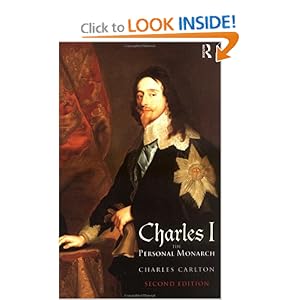A Right Royal Wedding
This Friday perhaps a billion people across the globe will watch the wedding of Prince William to Kate Middletown. Why?
Well, for one thing it will be a good show. The British always do such state ceremonials—from funerals to coronations–rather well. There will be marching guardsmen, a gold plate carriage, squadrons of horsemen in burnish breast plates with swords drawn, and a bride in a long wide dress walking up the aisle of a beautiful cathedral. It is a ceremonial in which peoples across the globe can share, and understand. While all societies have weddings, more and more of them follow the Christian pattern. In Japan, for instance, while few people are Christian most get married in a Christian serve. In China, supposedly an atheist state, upwardly mobile brides wear long white western dresses.
People will watch the wedding because it will be fun—something fathers of daughters will especially appreciate because they are not paying for it. I cannot think of a society which does not celebrate marriage in some way or another. We know that marriage, or at least long term relationships, have great advantages in bringing up children. (If you doubt me look at the parts of American where most children are born and brought up by a single parent.) Traditionally marriage has been a good way of holding, augmenting and passing on wealth–just as divorce can be an expensive way of losing it. There is someone joyfully romantic about two young people–be they royal or commoners—promising to live together for the rest of their lives: all of us relish the triumph of hope over experience. In all it will be a wonderful day to escape the reality of everyday life.
This will be especially true for the British, who are confronting a economic crisis far greater than the U.S., with budget cuts so slashing that ours in contrast seem more like gnat bites. The precedent for using a royal wedding to take peoples minds of their miseries goes back to 1947 when the Princess Elizabeth and Prince Philip married in a ceremony made all the more brilliant by the drabness of Britain’s post war austerity.
Public royal events are a comparatively recent development. When the monarchs held real power they lived their lives mostly in private, occasionally riding around on a progress so the people could line the roads and cheer. But during the last two hundred years, when the monarchy has become a ceremonial figure head, with no power in a constitutional democracy, it has had to invent new roles for itself. One had been as a public figure, almost a celebrity, who embodies popular aspirations. This has been especially true for the royal family. During the 18th century George III’s sons were a bunch of scandalous rascals, who infidelities and affairs, offended the new middle classes produced by the Industrial Revolution. They welcomed the solid respectable family values that Queen Victoria and Prince Albert epitomized. In much the same way the public found Edward VIII’s louche behavior especially with the much married Mrs Simpson, unpalatable, especially when compared to his successor, George VI, a solid, happily married family man, with two delightful daughters. During the 1970 and the 1980 when British divorce rates quadrupled, the royal family projected an image of being a stable, traditional, and extended family similarly to the once in which they had gown up and now missed. The Queen Mother, for instance was portrayed as a national granny, at a time when elderly parents no longer lived with their children but were shunted off to retirement homes, such as the one portrayed in the PBS series Waiting For God. Prince Philip had no patience with the permissive society, dismissing it as “having the morals of a barrel—load of monkeys.” But when the scandals of his own children showed that Buckingham Palace was a bit of a zoo, if not a monkey house, the royal family’s reputation withered.
Recently it has improved. The scandals seem to be over, and movies such as The Queen and The King’s Speech have done much to improve the royal family’s image. Perhaps William and Kate’s wedding may help this process. Certainly it can do now harm. We can enjoy their wedding, and wish them, as we should wish all this who make the remarkable vow to get and stay married till death do them part, a long and happy life together.
